Have they seen us?
A black artist’s take on Black History Month
It’s Black History month in case you’ve forgotten by now. This month always carries a strange weight for me and I recently have begun to understand why. Reflecting on even being present in the room while my partner, who is a teacher, watches When they see us–the Netflix docudrama highlighting the story of the central park five–with her class has brought about an understanding of the insignificance of my qualms over status as a young artist. The abuse of power, disregard for humanity, absence of empathy, and reprehensible iterations of colonial structures at their worst puts in perspective how meaningless my own striving towards humanity in the small world element of art-making may be. Humanity…that is the keyword here; a knowledge that being Black is not an opera problem but a world problem, the understanding that equity is not an art problem, but a global one. On this February day, it's jarring to truly absorb that the world has been designed to be against you. This plays a role in my young artist life, but it plays a greater one in the skin that I will never shed, in the world that I cannot accomplish my way out of, I won’t always be a young artist, but I’ll always be a Black one.
It’s Black History month, coming off of a year wherein theory I have never been more heard or at least should feel that way. However, it has never been more apparent to me that there is an insurmountable wall I must breach before anything I say or do is truly internalized as legitimate. I’ve never been more heard, but I have never felt more disregarded. Back to the show that inspired this; many times I have tried to watch When they see us but I just can’t, partially because it represents a trauma that I cannot bear to witness, and partially because it is a reality that I have for so long tried to run away from. I feel validated in my work, I feel validated by my peers, but I can’t shake the trauma of my Blackness, I struggle to see the beauty in it, I hurt that I look in the mirror and see pain before I see excellence. This pain obscures my ability to create because its source jeopardizes my probability of survival. I think of Breonna every day for at least a minute–I feel like the world has forgotten her though. I think of George when I look at my best friends, my cousins, my uncles, my father, how long would one of their stories be told before society gets over it?
The point I think I’m trying to reach is that coming to terms with what brand of humanity the world has designed for me is terrifying. I hold power that I want to recognize, that I want to be recognized, but I fear its inadequacy before I even debate exercising it. All of this uncertainty, all of these insecurities make up the particles of the water I wade through before being able to address my artistry. I am an artist through trauma, and I am only now grappling with what that means. If I know one thing though is that art has to be political outside of the times that it is convenient and its politicization does not only extend to the stage. If you have trauma to deal with, do not fear dealing with it in any way you need, embrace it, be outspoken on it, and don’t let anyone tell you when you should be over it. If you have privilege, understand it, and use it to raise up those without it. What are we trying to accomplish if it isn’t humanity for all, and what is the purpose of the art we create if all cannot share in its beauty equally. Take this small-world element and project it onto every other facet of your world. Through your posts, and praise and admiration this month I ask only this; remember my Blackness this February day, and embrace its power just as equally come March.
Andrew Adridge (he/him)
Co-founder, Opera InReach


